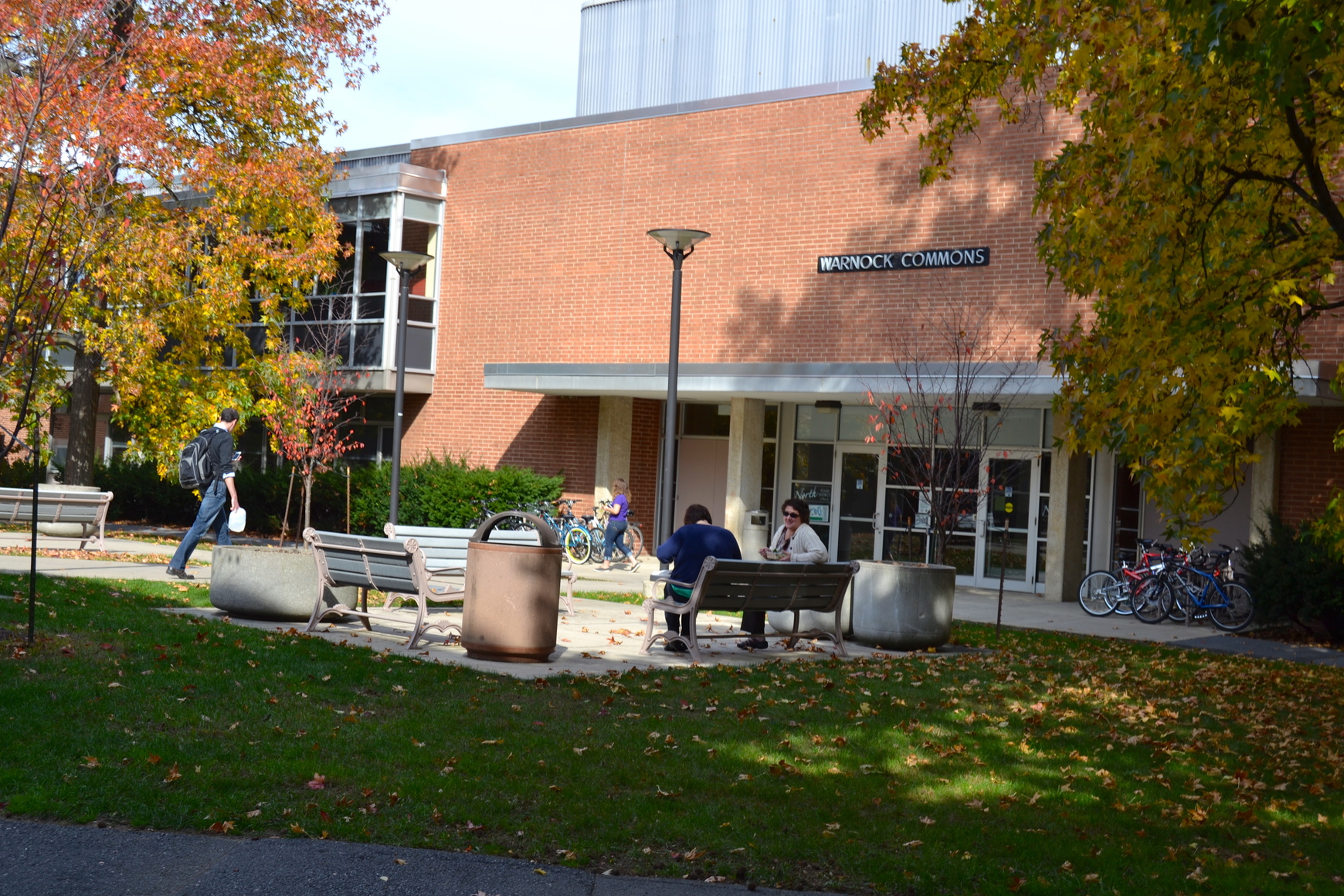Ayers And The Academy: Former College Republican Chairman Supports Bill Ayers’ Right To Speak On Campus

by Jordan Harris
It has become common practice on college campuses for opposing and unpopular viewpoints to be shamed into silence. As soon as I heard that Bill Ayers was going to be speaking at Penn State University, I knew what would happen next. Outrage expressed by state Senator Joe Scarnati and others, requiring a statement from university spokesperson Lisa Powers, followed the official announcement. This outrage is equal parts predictable and nonsense. In the spirit of what a university, what the academy as a whole, is supposed to represent, Bill Ayers should be allowed to speak at Penn State.
Commencement season in 2014 brought a wave of objections, protest, and cancellations that included former Secretary of State Condoleezza Rice, International Monetary Fund Managing Director Christine Lagarde, and First Lady Michelle Obama. Students protested Secretary Rice’s speech, citing her “involvement in the Iraq war.” Ms. Lagarde, one of the most powerful women in the world, was slated to speak at the commencement of Smith College, a private women’s college in Massachusetts. Her speech was protested and ultimately cancelled, ironically citing the IMF’s “strengthening of imperialist and patriarchal systems that oppress and abuse women worldwide.”
It is not uncommon for commencement speakers to be protested, or at least groaned about, but this wave is reflective of a larger movement on college campuses. Ray Kelly, former Commissioner of the New York Police Department, was shouted down and ultimately cancelled an event at Brown University in 2013. An event featuring Ann Coulter at the University of Ottawa was cancelled in 2010 because of student protest. FIRE, the Foundation for Individual Rights in Education, keeps a running list of events on college campuses that are protested and ultimately cancelled, showing that the number more than doubled between 2004 and 2014. In a December interview with Frank Rich of New York Magazine, comedian Chris Rock said that he had stopped performing on college campuses entirely, because they’ve gotten “way too conservative. Not in their political views — not like they’re voting Republican,” he clarified, “but in their social views and their willingness not to offend anybody.”
In his 2014 commencement address at Harvard University, former New York City mayor Michael Bloomberg issued a blistering criticism of this practice, considering a danger to the academy as a whole. “Tolerance for other people’s ideas, and the freedom to express your own,” Bloomberg offered, “are inseparable values at great universities. Joined together, they form a sacred trust that holds the basis of our democratic society. But that trust is perpetually vulnerable to the tyrannical tendencies of monarchs, mobs, and majorities. And lately, we have seen those tendencies manifest themselves too often, both on college campuses and in our society.”
Universities should be places where even the most radical and fringe ideas are discussed and debated openly, without the institution taking a side, showing a bias, or caving to political pressure. Playing this role is an essential part of the development of young minds, and preserving the public confidence that universities should aspire to maintain.
This means that professors must be free to explore the research they see fit, that speakers must be allowed to openly share their viewpoints and ideas, and that students must be free to make up their own minds on controversial issues. No issue should be immune from this, whether it is conflict in the Middle East, government’s role in health care, the theology of homosexuality, or yes, even a man who built bombs that targeted the U.S. Capitol and the Pentagon.
I will not defend Bill Ayers’ actions while he was a member of the Weather Underground, or many of the views that he holds now. I do, however, stand firmly behind his right to speak at Penn State University. While I was Chairman of the Penn State College Republicans we held many events with speakers who held unpopular views, and were always proud to be a part of a university that allowed us to do so without intervention. Conservatives at Penn State need not join the dangerous culture of shaming opposition into silence now that the shoe is one the other foot.
Mayor Bloomberg summarized his speech stating, “intolerance of ideas – whether liberal or conservative – is antithetical to individual rights and free societies, and it is no less antithetical to great universities and first-rate scholarship.” Penn State is a great university, and the home of much first-rate scholarship. It must refuse to bow to political pressure, uphold the spirit of the academy, and be a vocal leader for academic freedom, even when that means hosting someone like Bill Ayers.
Jordan Harris is a graduate student at Harvard University, a 2014 graduate of Penn State University, and the former Chairman of the Penn State College Republicans.
Your ad blocker is on.
Please choose an option below.
Purchase a Subscription!




